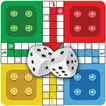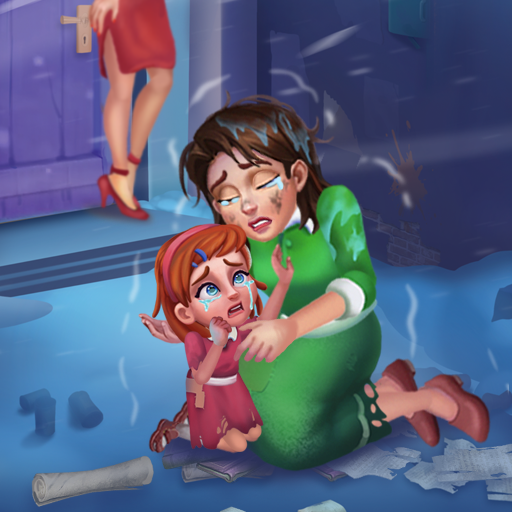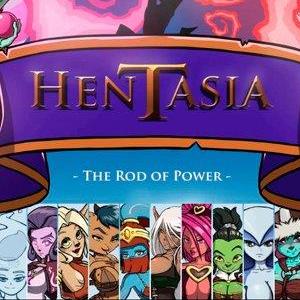
EU Court Approves Resale of Downloadable GamesThe Principle of Exhaustion and Copyright Limits
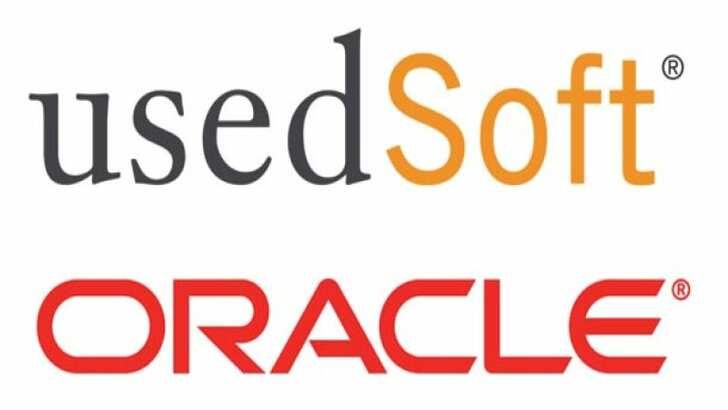
The court's established principle is the exhaustion of the distribution right (the Principle of Exhaustion of Copyrights₁). This signifies that once a copyright holder sells a copy and grants the customer unlimited usage rights, the distribution right is exhausted, enabling resale.
This decision applies to consumers in European Union member states, encompassing games obtained through platforms such as Steam, GoG, and Epic Games, among others. The initial purchaser gains the right to sell the game's license, allowing another party ("buyer") to download it from the publisher's website.
"A license agreement granting the customer the right to use that copy for an unlimited period, that rightholder sells the copy to the customer and thus exhausts his exclusive distribution right..." the decision states. "Therefore, even if the license agreement prohibits a further transfer, the rightholder can no longer oppose the resale of that copy."
Practically, this might involve the initial buyer supplying a game license code, relinquishing access upon sale/resale. However, the lack of a defined marketplace or system for such transactions creates complexities and leaves many questions unanswered.
For instance, questions remain regarding registration transfer. Physical copies, for example, would remain registered to the original owner's account.
(1) "The principle of copyright exhaustion is a limit on the copyright owner’s general right to control the distribution of their work. Once a copy of the work has been sold, with the copyright-holder’s consent, the right is said to be “exhausted” – meaning the purchaser is free to re-sell that copy, and the rights-owner has no right to object." (via Lexology.com)
Reseller Cannot Access or Play the Game Upon Resale
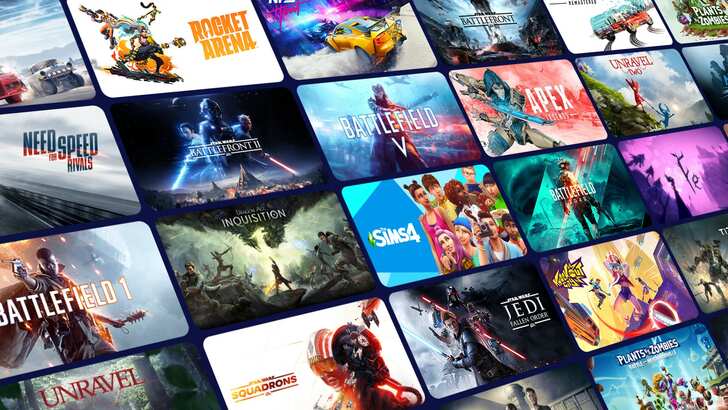
The EU courts declare that: "An initial acquirer of a tangible or intangible copy of a computer program for which the copyright holder’s right of distribution is exhausted must render the copy downloaded onto his own computer inoperable upon resale. If he continued to use it, he would violate the copyright holder’s exclusive right to reproduce his computer program."
Permits the Replication of Copies Required for Program Use
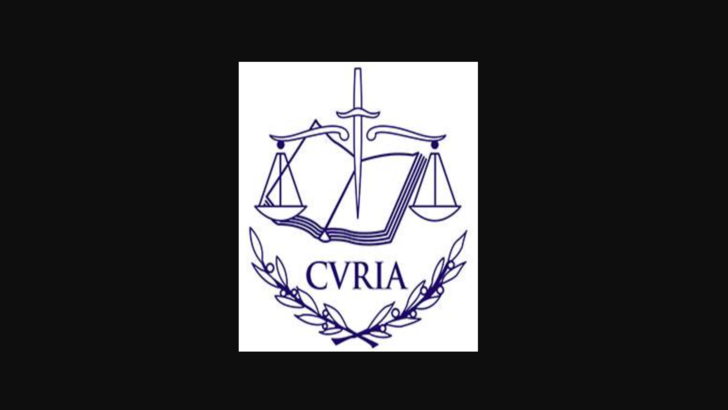
"In this context, the Court’s response is that any subsequent acquirer of a copy for which the copyright holder’s distribution right is depleted constitutes such a legitimate acquirer. He can therefore download onto his computer the copy sold to him by the first acquirer. Such a download must be considered a reproduction of a computer program that is necessary to enable the new acquirer to use the program in accordance with its intended purpose." (via EU Copyright Law: A Commentary (Elgar Commentaries in Intellectual Property Law series) 2nd Edition)
Restriction on the Sale of Backup Copies
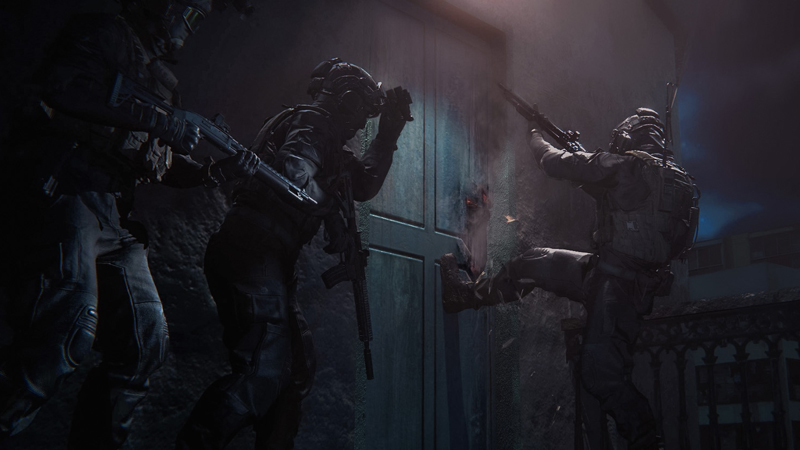
"Legitimate purchasers of software cannot resell backup copies." This is per the Court of Justice of the European Union (CJEU) in Aleksandrs Ranks & Jurijs Vasilevics v. Microsoft Corp.



